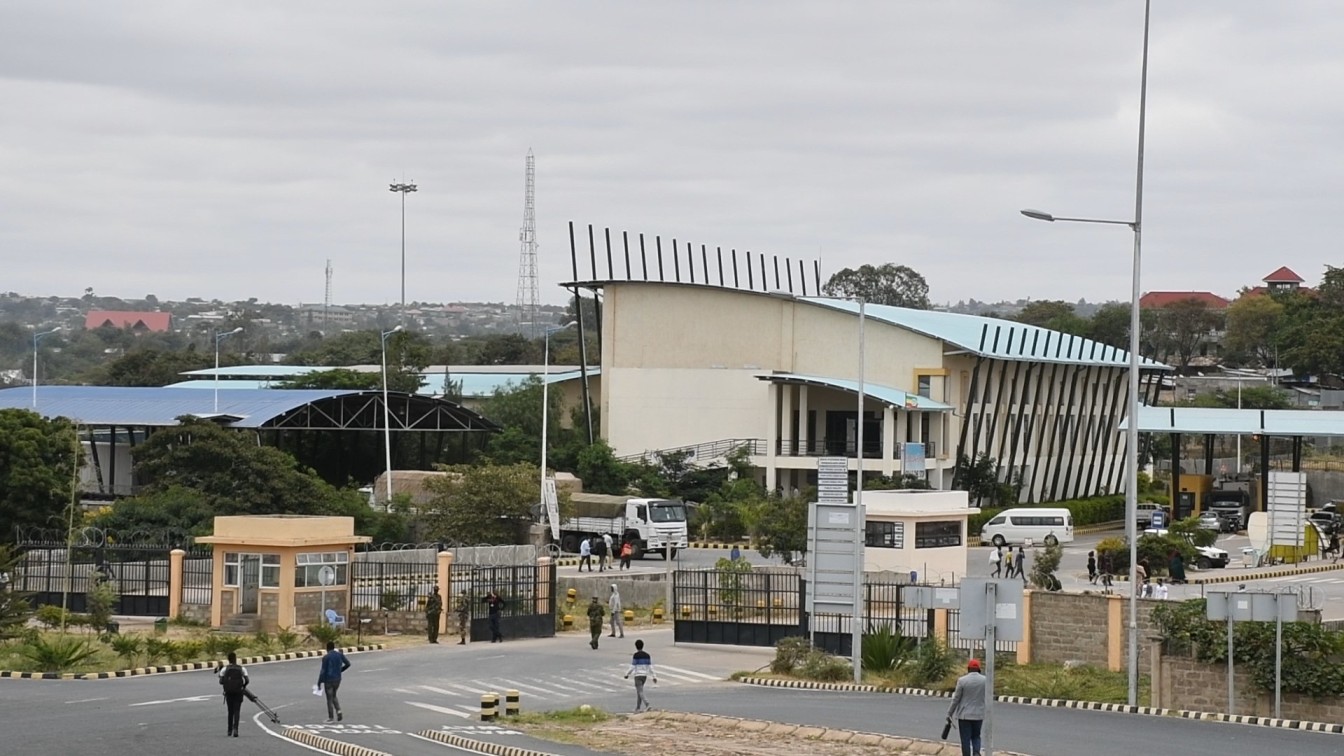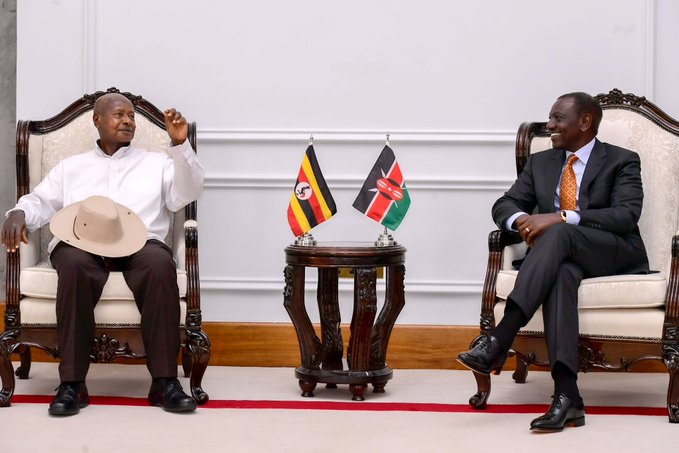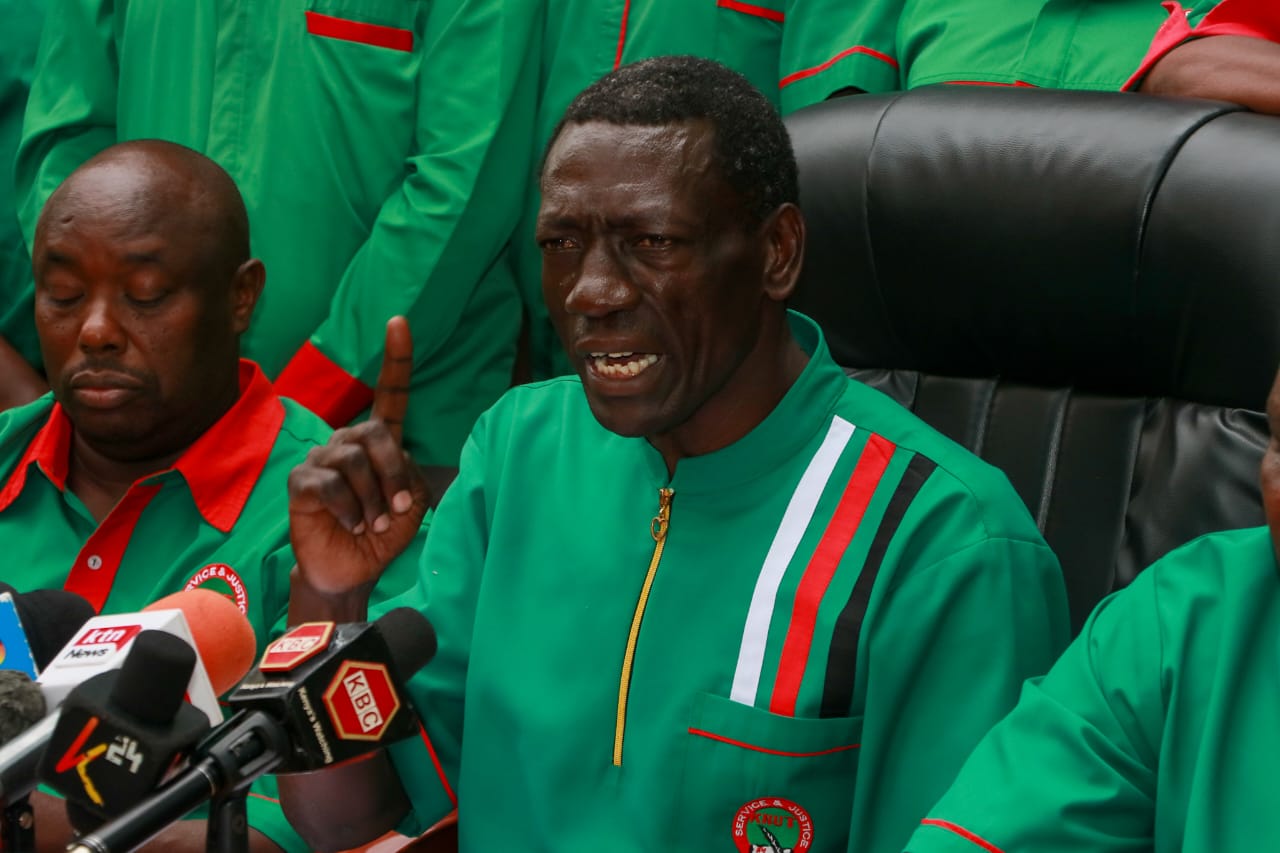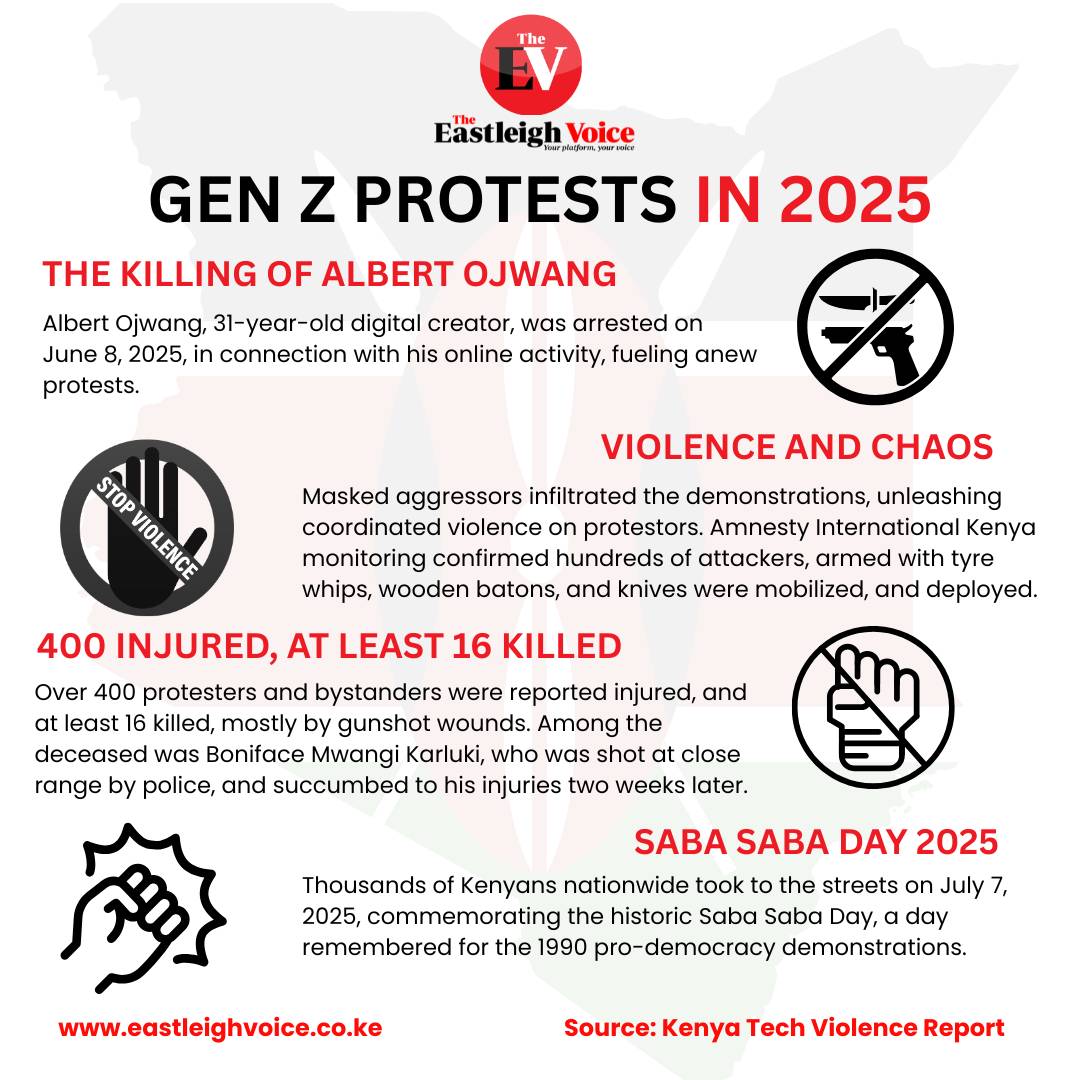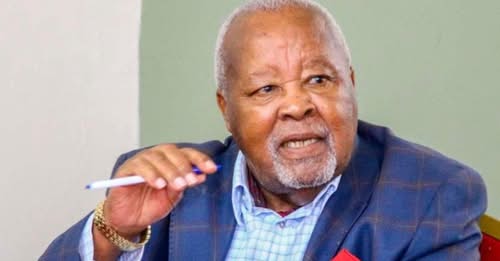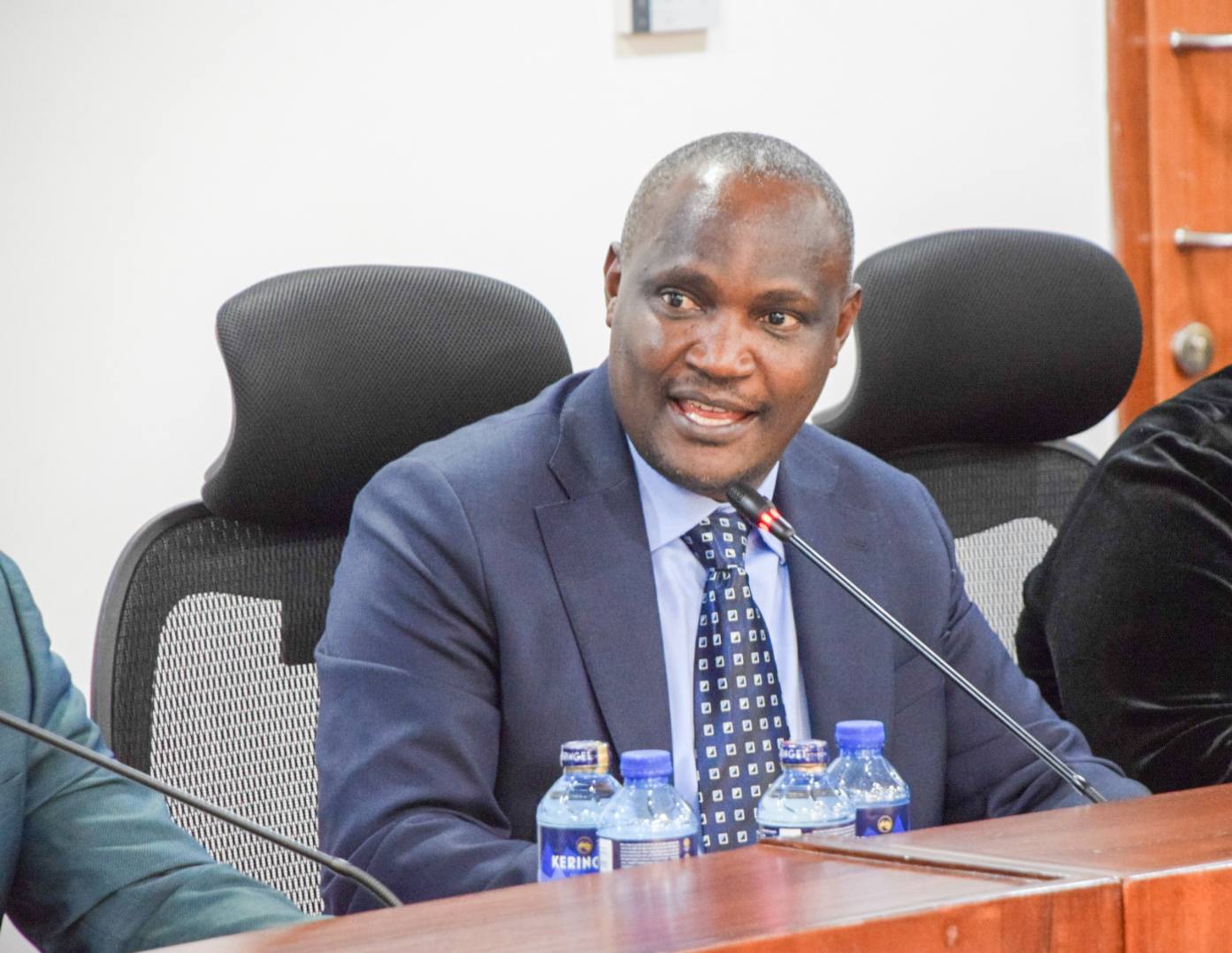Governors warn of service paralysis as e-procurement dispute deepens
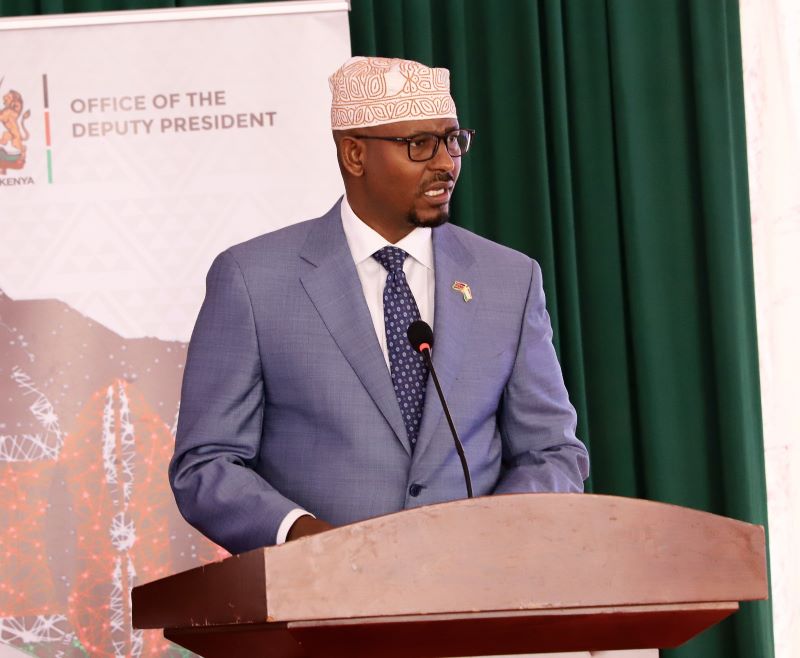
The county chiefs now want the Treasury to dismantle the current system and hold fresh discussions on how to create a workable model.
Tensions between county governments and the National Treasury are deepening over the Electronic Government Procurement System (e-GP), with governors warning that the platform has brought essential county operations to a near standstill.
The standoff came to the fore during the 28th Ordinary Session of the Intergovernmental Budget and Economic Council at the Deputy President’s official residence in Karen, where governors criticised the Treasury for forcing counties to use a system they say is impractical and poorly structured.
More To Read
- National Treasury secures Sh437.8 billion loan to plug budget deficit
- Supreme Court to receive title deed by December 25, says DP Kithure Kindiki
- MPs raise alarm over alleged misappropriation of College of Insurance land
- MPs question rising debt despite Treasury’s reduced CBK borrowing
- CS Mbadi tables new banking rules targeting non-compliance, unethical practices
- Senate flags 24 State agencies still performing county functions
Council of Governors Chairperson Ahmed Abdullahi said counties are struggling to keep operations running, blaming the sudden introduction of multiple digital systems this financial year for creating confusion rather than improving efficiency. He said basic services are now being delayed or suspended.
“While these systems are meant to be facilitative and improve existing processes, on the contrary, most have increased administrative hurdles. Some operations through these systems are not even supported by law,” he said on Monday.
Ahmed pointed out that routine procurements such as buying medicines and fuel have become nearly impossible, leaving counties unable to act during emergencies.
“We are in real problems and we have been accused of all manner of things, including being in bed with the national government. We cannot intervene as before and buy drugs in emergencies. A lot of governors here have even been frozen by their fuel vendors,” he said.
He added that the situation has left governors with little room to manoeuvre, saying the system has made it difficult to respond quickly to urgent needs.
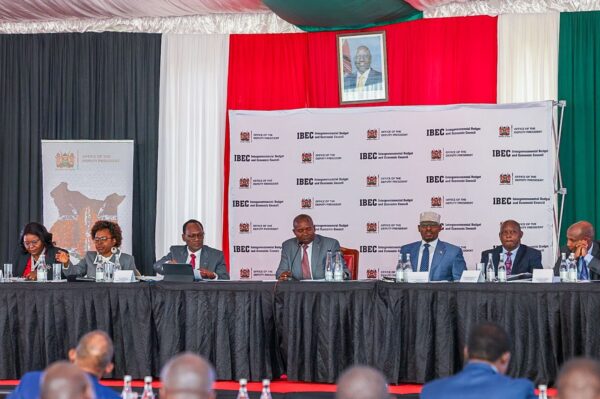 Governors during the 28th Ordinary Session of the Intergovernmental Budget and Economic Council at the Deputy President Kithure Kindiki’s official residence in Karen. (CoG)
Governors during the 28th Ordinary Session of the Intergovernmental Budget and Economic Council at the Deputy President Kithure Kindiki’s official residence in Karen. (CoG)
The county chiefs now want the Treasury to dismantle the current system and hold fresh discussions on how to create a workable model.
“We feel that this e-GP thing will eventually have to be reversed, or implemented with unnecessary pain. We have been pushed to the wall and are unable to operate,” the CoG chair said.
In addition to the procurement challenges, governors raised concerns over delayed funds from the exchequer, revealing that some counties have gone weeks without paying staff as the first quarter closes.
They warned that the delays, combined with the e-GP stalemate, are straining service delivery.
Deputy President Kithure Kindiki defended the Treasury’s push to digitise procurement, saying the e-GP system is central to promoting accountability and transparency. However, he acknowledged that its rollout must be reviewed to address the concerns raised by county leaders.
“There is an urgent need to re-examine the systems, how they are being rolled out, and ensure they are in strict compliance with the Constitution,” he said.
Kindiki promised to hold consultations with Treasury Cabinet Secretary John Mbadi and parliamentary committees to find a way forward. He also urged both levels of government to work together to clear pending bills, which he said continue to weigh heavily on the economy.
“We must resolve this issue of pending bills once and for all. It is very possible to conclusively address it if we do so innovatively,” he said.
The governors’ firm position signals a potentially long confrontation with the Treasury, unless a compromise is reached on how to implement the system without disrupting county operations.
Top Stories Today


